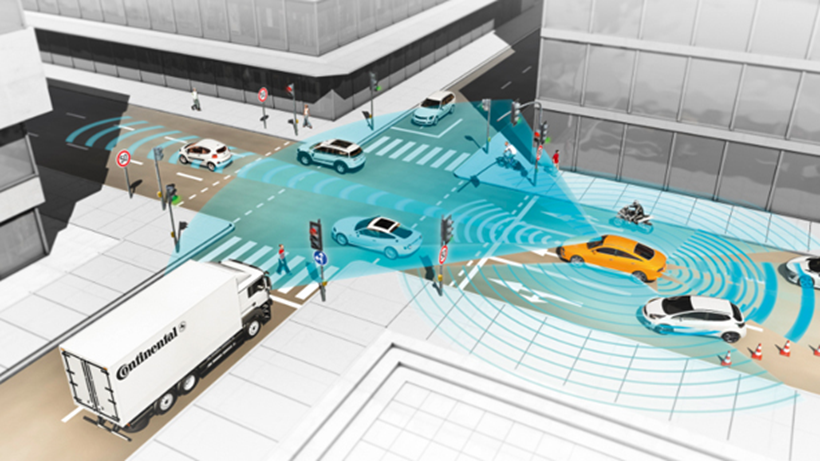Self-driving cars often sound like something out of science fiction. But they are inching closer to reality.
This week, Continental AG, one of the world’s largest automotive suppliers, announced a partnership with IBM, the world’s largest technology company, in which they will help bring autonomous cars to roads across the globe.
“This is not a pipe dream,” said Continental CEO Elmar Degenhart.
Speaking at the Frankfurt Motor Show, he outlined a push toward a zero-accident future that rests upon technology that will make vehicle-to-vehicle and vehicle-to-infrastructure communication possible several times per second.
Approximately 1.24 million people were killed in traffic accidents worldwide in 2010, according to the World Health Organization, and 58 million more were injured. In the United States, more than 34,000 people were killed in traffic accidents in 2012, according to preliminary figures.
The U.S. Department of Transportation concluded a massive experiment involving 3,000 connected cars in Ann Arbor, Mich., last month, the results of which are still being evaluated.
But European companies have taken a lead, at least in setting ambitious goals. In 2010, Volvo announced it would pursue safety technologies that would eliminate deaths in their cars by 2020. Although he set no timetable Tuesday, Degenhart said he intends for Continental’s autonomous system to lead to zero accidents. Overall, Continental projects that cars will be fully autonomous within the next 12 years.
One of the keys to making self-driving cars a reality is figure out how to quickly process reams of data. With multiple sensors and cameras monitoring ever-changing road position up to 10 times per second, a self-driving car could generate data volume of 1 gigabyte per minute.
“We don’t have, right now, the back end to handle that,” Degenhart said. “Our future partner, IBM, will be ready for that task.”
The Internationale Automobil-Ausstellung, which runs the Frankfurt auto show, forecasts that more than 250 million connected cars will be on the road globally by 2016, more than four times the number that there are today.
“These are fascinating prospects for motorists,” said Dr. Matthias Wissmann, the IAA president. “It is obvious where we are heading. Cars are becoming mobile communications platforms. … It means greater safety for everyone on the road.”
IBM isn’t Continental’s only new partner. Five weeks ago, Continental announced a partnership with Cisco Systems, which makes network systems, to develop connected-car technology.
The collaboration with IBM came as a surprise to many at the Frankfurt auto show. Previous reports had said Continental would partner with Google on self-driving car technology. Degenhart was coy about whether that remained a possibility, neither confirming nor denying the reports.
But clearly, he sees the automotive future coming from technology companies.



